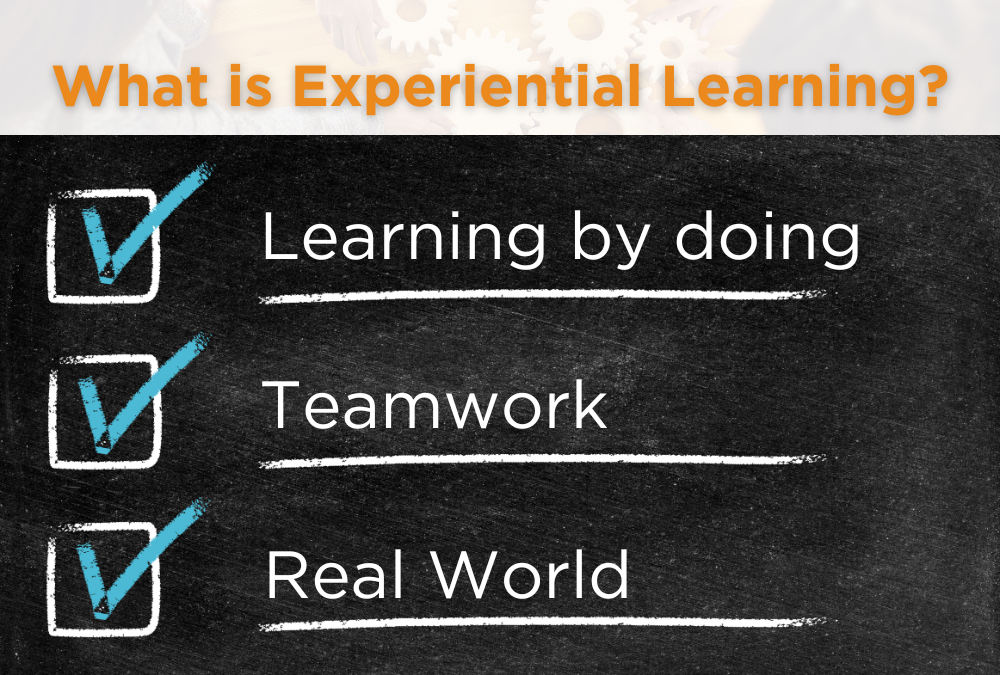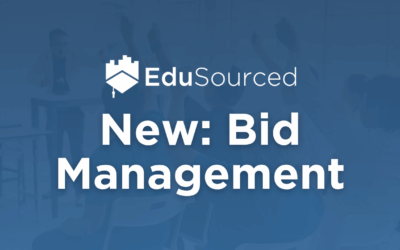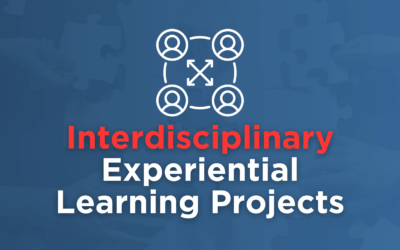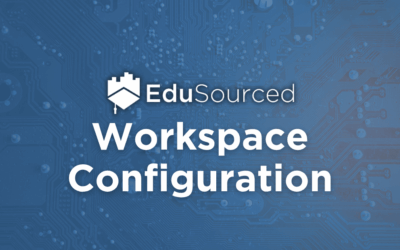Experiential learning is a powerful way to learn new skills, synthesize lessons, and apply knowledge to real-world situations. The real-world component is perhaps the most important: there is no substitute for professional experience and experiential learning provides a structured and guided first professional experience.
Experiential Learning is based on the idea that learning by doing and reflecting on the experience is more effective than just reading or listening to lectures. Experiential learning can take many forms, such as internships, field trips, simulations, games, service projects, and more. But we believe the most rewarding and relevant types of experiential learning is industry-based student projects.
Industry-based student projects: high stakes learning
Industry-based student projects are collaborative assignments that involve working with a real client or organization to solve a real problem. They are usually done as part of a course and they require students to apply their academic knowledge and skills to a practical challenge. If all of this sounds daunting for a student, know that an important element of experiential learning is having the support of an instructor and/or industry mentor. This alone differentiates experiential learning from simply work for hire.
Industry-based student projects can benefit students in several ways
- Enhancing career readiness by developing relevant competencies and providing students will real experience to build their resumes.
- Increasing student motivation and engagement by working on something real.
- Developing problem-solving skills by tackling complex and (sometimes) roughly defined problems.
- Improving communication and teamwork skills with a team environment where deliverables matter.
- Expanding students’ networks and opportunities by connecting with industry professionals and potential employers.
- Driving real impact in real organizations when project outcomes are successful.
Identifying what is experiential learning and maximizing its impact
Because experiential learning has real stakes (projects should be scoped so that a poor project outcome is not catastrophic, but these are real projects), it can be helpful to provide some choice to students. Providing a menu of project choices is helpful. Allowing students select from various industries and sectors is even better.
The University of Houston Bauer College of Business is perhaps the ultimate example of the power of student choice in experiential learning. Their program makes live projects available to all first-year business school studentsn a class of students that most EL educators would say are not yet equipped for live projects. UH’s answer to this limitation is letting students opt in to a live project. Anyone who does not feel comfortable with one can do a case study and anyone who does opt in, knows what they are in for. UH’s Jamie Belinne feels this election makes students who do opt in as commtted as possible. This program is fully explained here by it’s program director.
Experiential learning generally and industry-based student projects specifically are valuable opportunities for students to learn and grow. These projects bridge the gap between classroom and workplace in a supportive, learning first environment. To answer the question of what is experiential learning in a single line: learning by doing and reflecting on the doing.
How EduSourced helps with experiential learning
EduSourced is the most widely adopted experiential learning management platform in the world. The EduSourced platform provides schools with a secure repository for all their projects and has many tools to make organizing experiential learning easier. More information here or click below to book a demo and we will talk with you soon!




